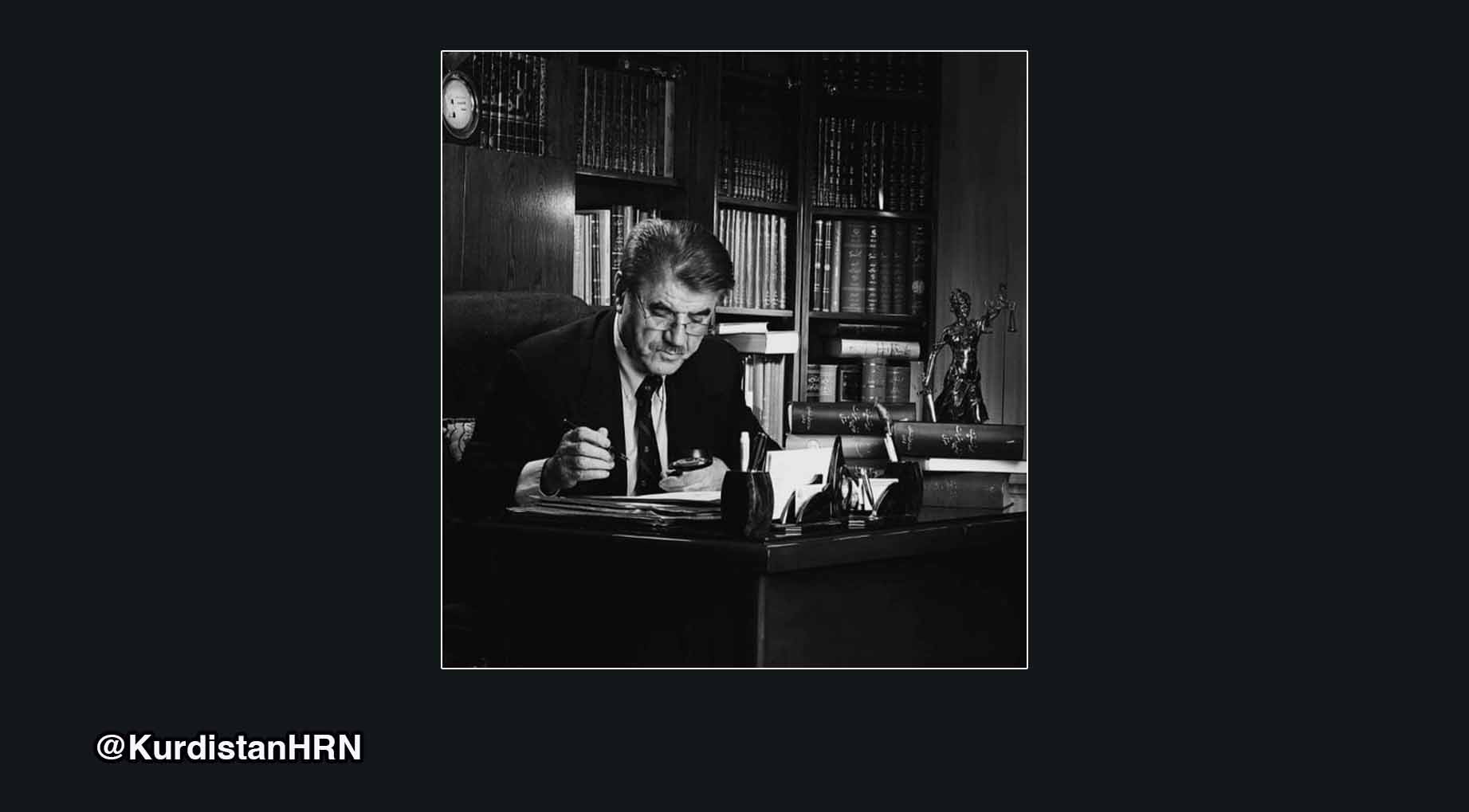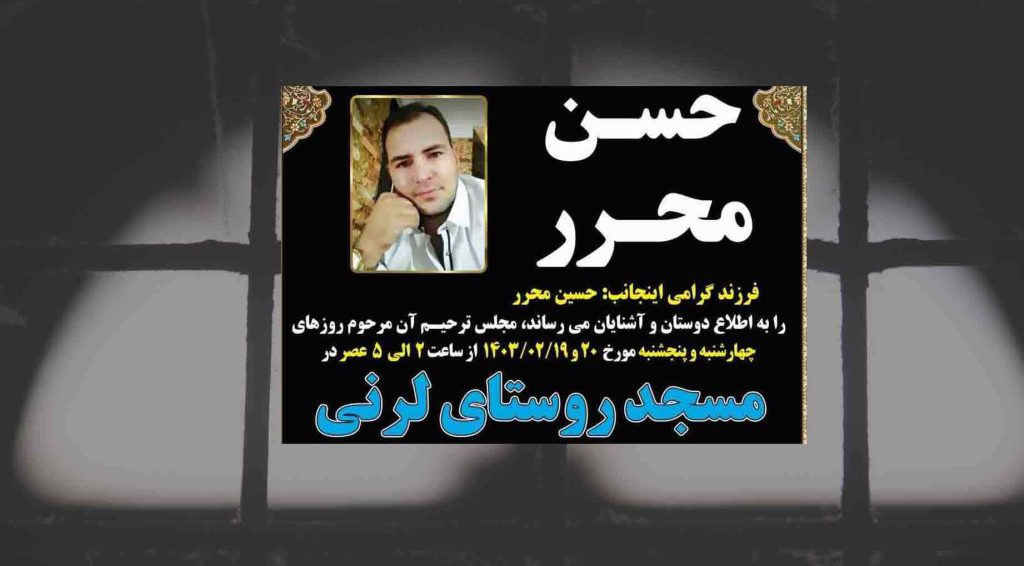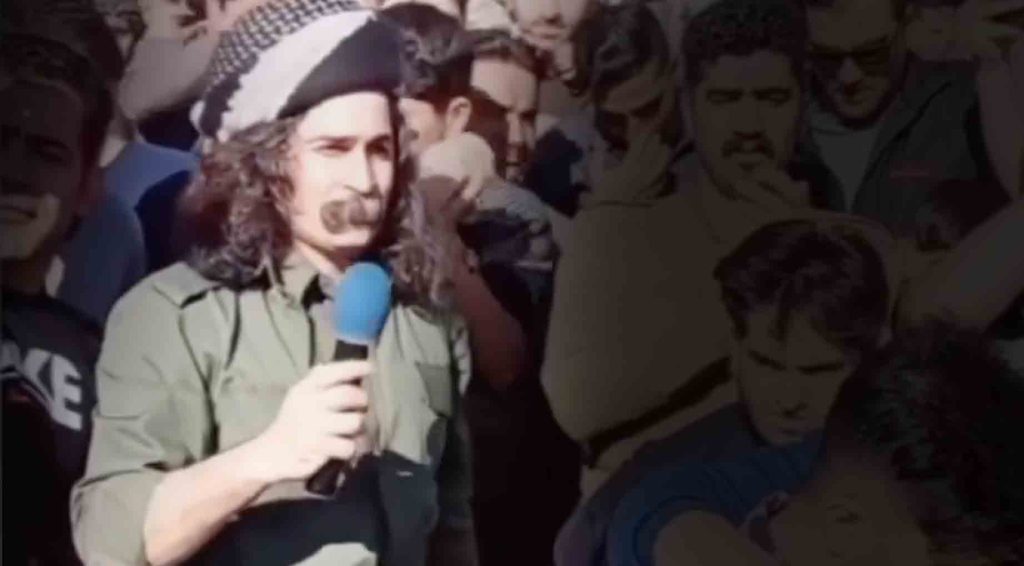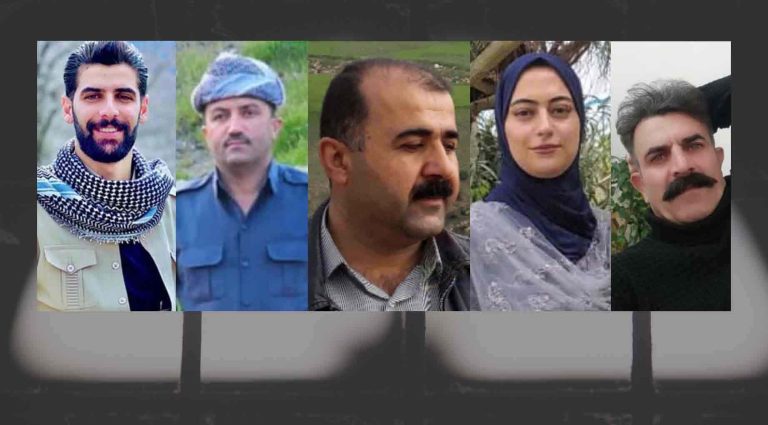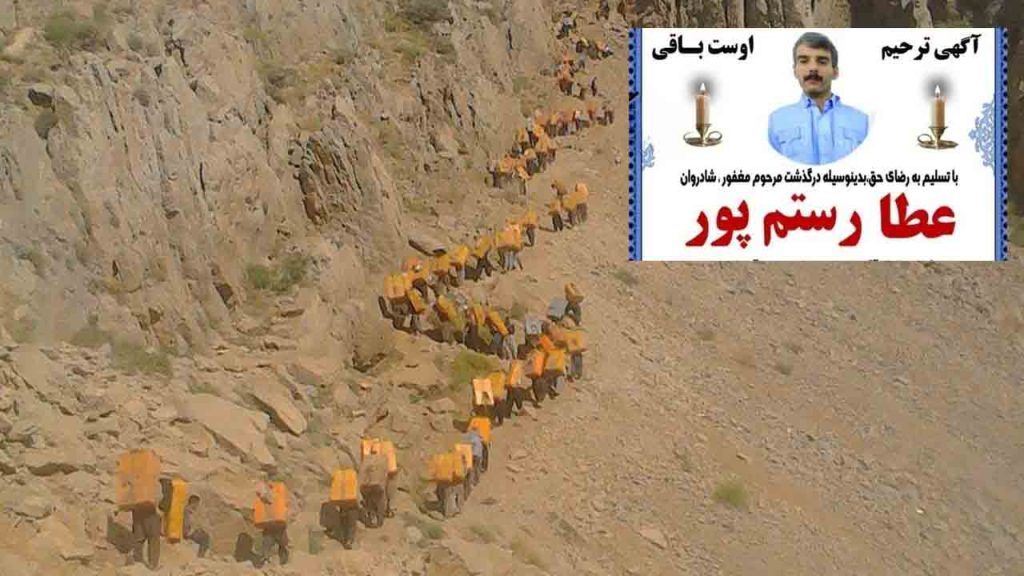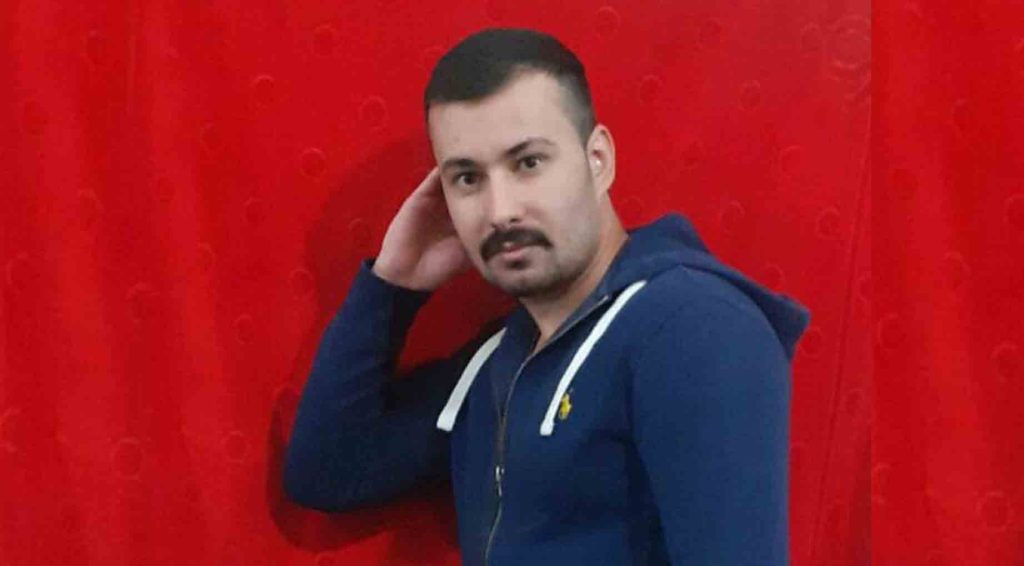The second trial session of Saleh Nikbakht, the lawyer representing the family of Jina Mahsa Amini, took place on 2 October at Branch 28 of the Islamic Revolutionary Court in Tehran on charges of “propaganda activities against the state”.
During the session, which was attended by Saleh Nikbakht and his defence lawyer, Ali Rezaei, Judge Amouzad presented written questions to Mr Nikbakht, who provided answers to the questions asked.
An informed source told the Kurdistan Human Rights Network (KHRN) that: “The court judge had raised the questions of his interest based on the inquiries made by the Ministry of Intelligence and insisted that the answers must be provided in writing.”
The source said that both the intelligence ministry’s expert and the judge prioritized Nikbakht’s rejection of the forensic medicine’s report regarding the cause of Jina Amini’s death, and showed little interest in the other charges against him.
During the session, Nikbakht repeated his objection to the Forensic Medicine Commission’s opinion, which had stated that Amini’s cause of death was “heart attack” due to an “underlying disease”.
According to the source, Nikbakht declared that the opinion of the Forensic Medicine Commission was “not a revelation and even lacked certainty and evidence”, and added, “We have the right to object to it legally and we have used our right to do so. Due to our insufficient knowledge of the foundations of medical science, both myself and the Amini family have presented a list of accredited doctors, all recognized figures in various medical disciplines in Iran, to the court. This is to ensure that a session of the commission is held with the presence of at least five out of the 12 recommended doctors, and our disputed and objected points are re-examined in this expert session.”
The source added: “Mr Nikbakht concluded the session by stating that since Jina’s death is still suspiciously linked to murder, and due to my position as a lawyer, I declare it a ‘suspicious death’. I still oppose the commission’s opinion, and I cannot remain silent about it until the truth is established. I cannot suspend my duty and moral obligations.”
Regarding the other issues in the case, Nikbakht argued that they did not fall under the category of “anti-regime propaganda” charges. Instead, he stated that they were legitimate criticisms of violations against Iranian citizens or Afghan refugees.
The first trial session of Saleh Nikbakht took place on 29 August but was adjourned due to the judge’s decision to hear the claims of the Ministry of Intelligence. The final verdict of the court remains unknown, and it is unclear if further sessions will be held.
During the first session, Judge Amouzad asked Nikbakht questions about a formal complaint filed by the Ministry of Intelligence, supported by an indictment issued by the Tehran Public and Revolutionary Prosecutor’s Office.
Nikbakht had denied the charges against him and stated that the trial had been conducted in violation of the law.
An informed source who previously spoke to the KHRN had said that “Mr Nikbakht is facing charges of ‘propaganda against the state’ brought forward by the Ministry of Intelligence. These allegations stem from his interviews with local and foreign media outlets, as well as his criticism of the expert opinion provided by the Forensic Medicine Commission regarding Jina Amini’s death.”
The source had revealed that Nikbakht, the defendant in the case, was interviewed nine times over a four-year period, from 2019 to 2023, all of which were documented as evidence to support the allegations.
Regarding the content of these interviews, the source had detailed: “Two of these interviews concern statements made by lawyers, civil rights activists, and journalists condemning the Turkish military’s incursions into the Syrian Kurdistan and its violation of the nation’s sovereignty. There are also interviews about the lack of legal provisions for granting motorcycle licences to women and elucidating the process of securing the release of a Kurdish political prisoner (Kamal Hassan Ramazan) from Iranian custody under Nikbakht’s representation. Additionally, there are inquiries about the unjustified actions of some Iranian border police personnel towards Afghan migrants, as well as criticisms about the improper use of firearms resulting in the deaths of Kurdish kolbars. The documents also include criticism about forced confessions of detainees broadcast by state media. Finally, the interviews deal with the case of Jina Amini’s, expressing dissatisfaction with the forensic report and the dismissive attitude towards requests from lawyers and family members regarding her murder.”
The source had added: “The Ministry of Intelligence has explicitly stated in its complaint that Mr Saleh Nikbakht was a major force in motivating the Amini family to pursue the case of their daughter Jina’s death and that the family, especially the father, was influenced by his statements. Mr Nikbakht must therefore either accept the Commission’s opinion and publicly declare it, or face legal consequences. It seems that the reference to his previous interviews is merely a pretext to increase the complexity of the case and divert attention from the core issue, which is continuation of the investigation into Jina Amini’s murder led by this lawyer.”
Nikbakht, a 72-year-old lawyer, has a career spanning more than four decades. He has taken on a wide range of politically and journalistically charged cases, including representing imprisoned political and civil rights activists of Kurdish, Azerbaijani-Turkic and Arab backgrounds.
He has also been entrusted with handling a number of high-profile economic corruption cases in Iran.
Nikbakht, who also has a background in journalism, has been persecuted, summoned, banned from leaving the country and detained by the security services both before and after the 1979 revolution.
He has spent around eight years of his life behind bars on political charges. His career is further highlighted by his role in saving the lives of nearly 30 political prisoners sentenced to death during his tenure as a legal representative.
Amini died in police custody in September 2022, sparking nationwide protests that resulted in the deaths of at least 500 people and injuries to thousands more. Despite the family’s complaint against those responsible for Amini’s death, no action has been taken so far.
Nikbakht had objected to the Forensic Medicine Commission’s opinion, which stated that Amini’s cause of death was “heart attack” due to an “underlying disease”.
He had called for “”re-examination and the formation of a new committee with the presence of prominent and trusted physicians in the medical community of the country” to investigate the matter.
However, judicial authorities deemed his objection to be a violation of the law and have taken steps to bring charges against him for “propaganda against the state”.
The Branch 2 of the Public and Revolutionary Prosecutor’s Office in Tehran arraigned Nikbakht on 11 March on the charge of “propaganda against the state” over his interviews with journalists abroad. He was later released on bail pending trial.
Jina Mahsa Amini was arrested by the morality police on 13 September 2022 on one of Tehran’s streets for wearing her hijab “inappropriately”.
Less than two hours after being taken to the Morality Police building on Vozara Street in Tehran, she was taken to Kasra Hospital in an unconscious state due to the severity of the blows to her head inflicted by the officers.
According to published reports, Amini was brain-dead when she was hospitalised. She died three days later, on 16 September, at Kasra Hospital in Tehran.
Although the Islamic Republic, as usual, announced Amini’s cause of death as a heart attack caused by an underlying illness, her family rejected this claim, insisting that their child was perfectly healthy before her arrest.
Several eyewitnesses among the detainees in the same van that took Amini to a detention centre, later confirmed that police officers used violence and beat the young woman severely, fracturing her skull.
According to Amini’s lawyer, Saleh Nikbakht, no judicial action has been taken in this case and the investigation has been conducted without the presence of her family and lawyer.

